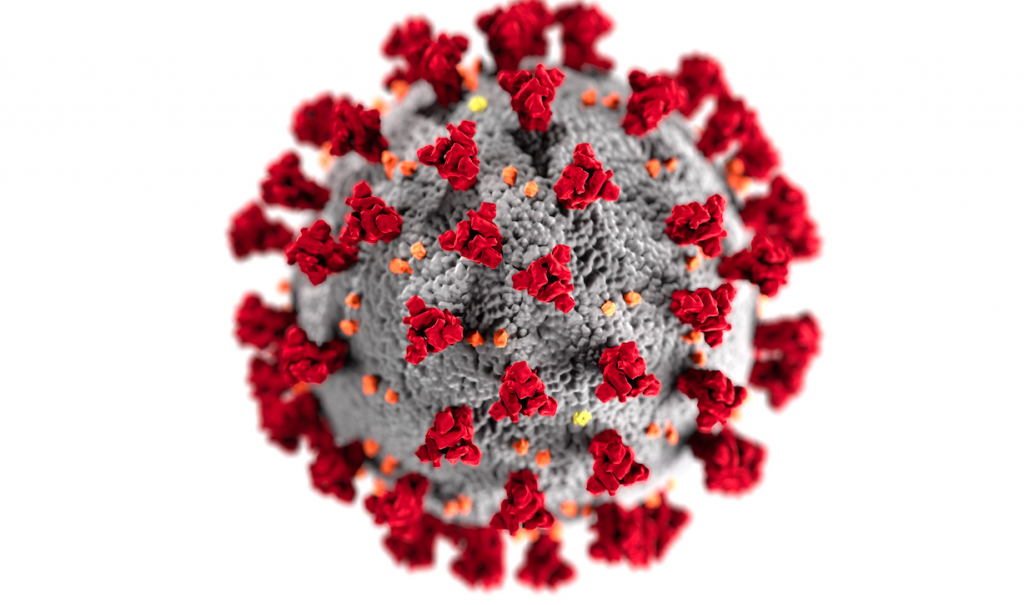
Diabetes could worsen COVID-19 outcomes
People with diabetes are not necessarily more likely to contract COVID-19 than people without diabetes, but could be up to twice as likely to die from complications of the disease, researchers have said.
Studies looking at how diabetes might impact those who test positive for coronavirus has shown that the condition is one of the most common comorbidities among people infected with the killer virus. However, its exact prevalence is currently unclear.
Italian researchers from the University of Padova have completed a meta-analysis based on data from 12 studies which have looked at the prevalence of diabetes among Chinese adults with COVID-19. Across all the research papers the prevalence of diabetes was 10.3% among people on average aged about 50. To compare, the nationwide prevalence of diabetes in China in 2013 was 10.9% overall and 12.3% among people aged 40 to 59 years.
People with diabetes can be reassured they are not at higher risk for becoming infected, but they have to pay additional attention to symptoms and signs of disease progression Professor Gian Fadini
Speaking to Healio, associate professor of endocrinology at the University of Padova, Professor Gian Fadini, said: “Diabetes does not increase the risk of new coronavirus infection, but it can worsen the outcome of COVID-19.
“People with diabetes can be reassured they are not at higher risk for becoming infected, but they have to pay additional attention to symptoms and signs of disease progression.”
“For comparison, the nationwide prevalence of diabetes in China in 2013 was 10.9% overall and 12.3% among people aged 40 to 59 years,” the researchers wrote.
Italy was the second country most affected with COVID-19 as of March 19, with 41,035 individuals with confirmed coronavirus cases. Of the 146 hospitalised adults with COVID-19 at the University Hospital of Padova, located at the centre of the Italian outbreak, 13 had pre-existing diabetes (mean age, 65 years), for a prevalence of 8.9% (95% CI, 5.3-14.6).
The researchers said: “For comparison, the prevalence of diabetes in the same region in 2018 was 6.2% overall and 11% among people aged 55 to 75 years. A relatively low prevalence of diabetes among SARS-CoV-2 infected people could be due to underreporting, chance or a biological phenomenon.”
In 2018, diabetes prevalence among Italian citizens with the same age range and sex distribution was 20.3%.
The researchers added: “Thus, the rate ratio of diabetes among patients who died with SARS-CoV-2 infection compared to the general population was 1.75. Based on these data, we conclude that diabetes may not increase the risk of SARS-CoV-2 infection, but can worsen the outcome of this new coronavirus disease.”
The research team said their findings are consistent with the association between diabetes and excess mortality from any acute and chronic condition, including infections.
Professor Fadini concluded: “We are exploring if some diabetes therapies, such as DPP-IV inhibitors, could be better than others in preventing infection and/or disease progression.”
To read the study in full, click here.
Picture credit: CDC
